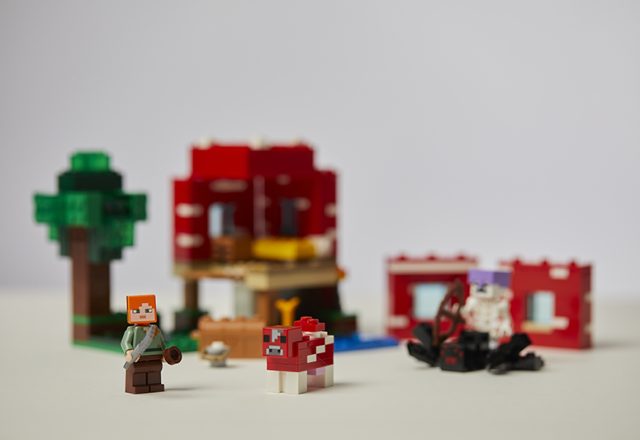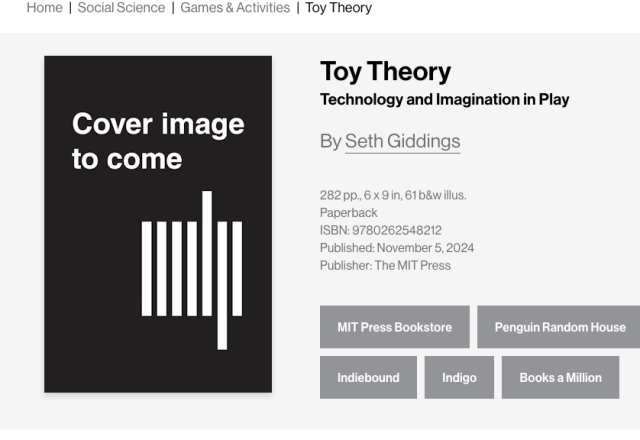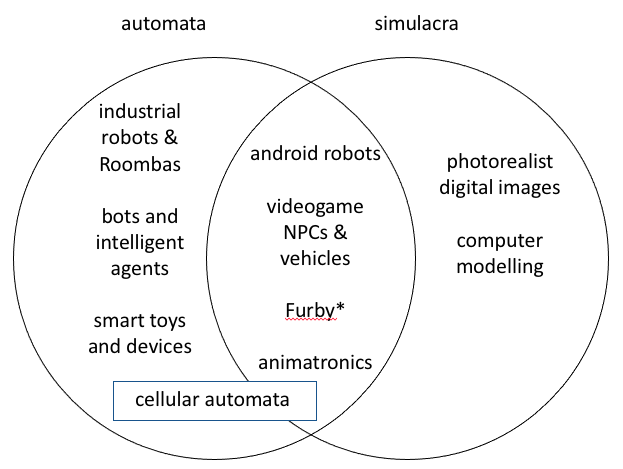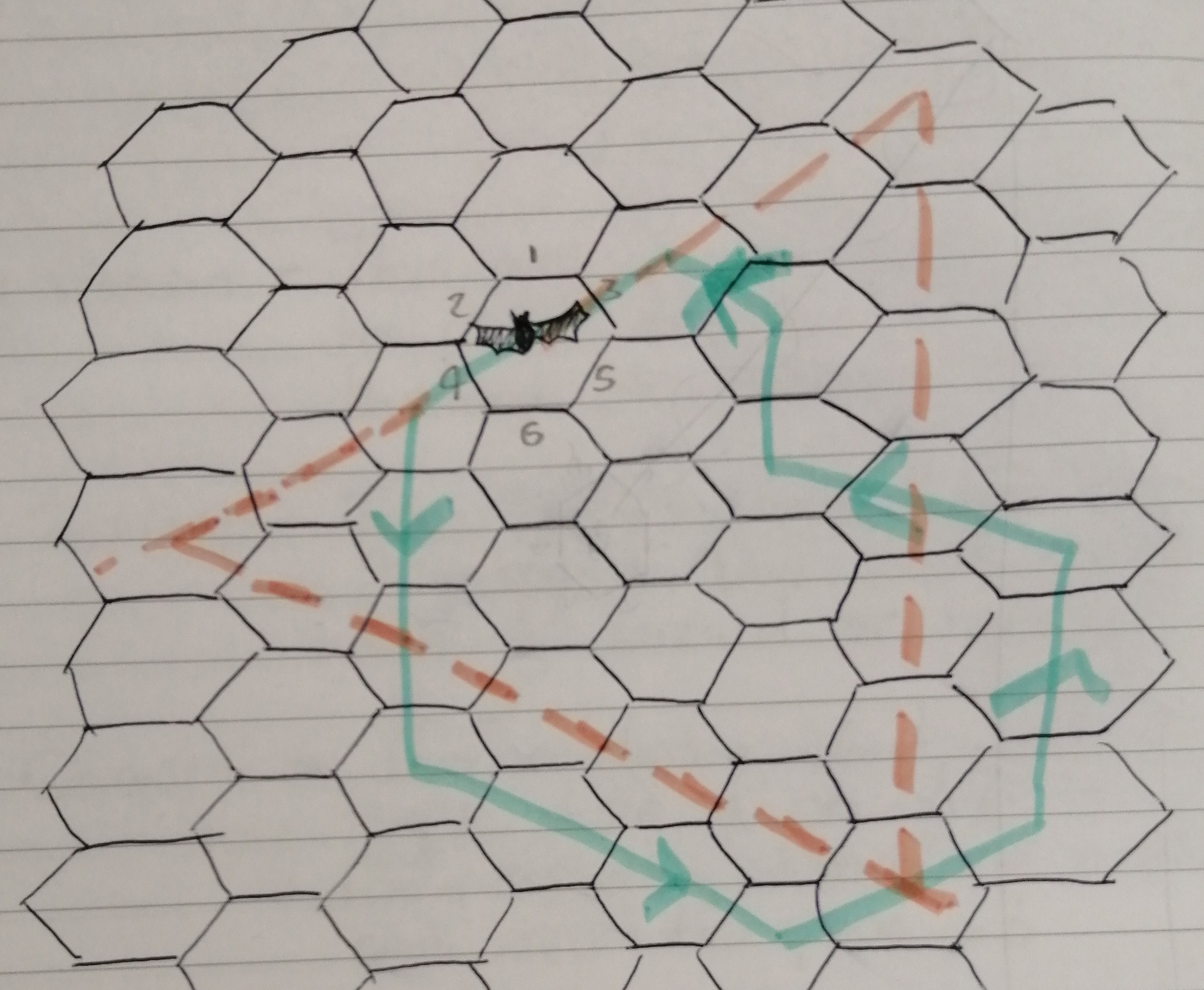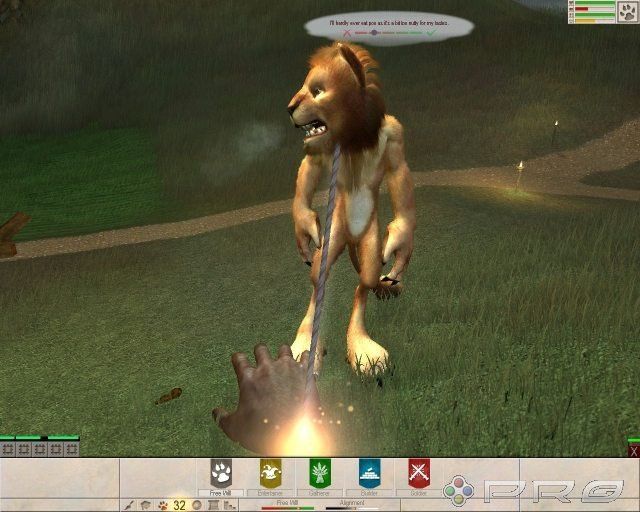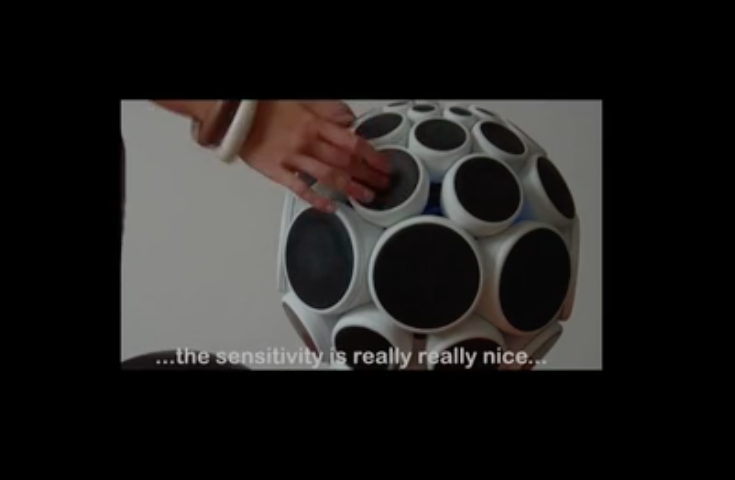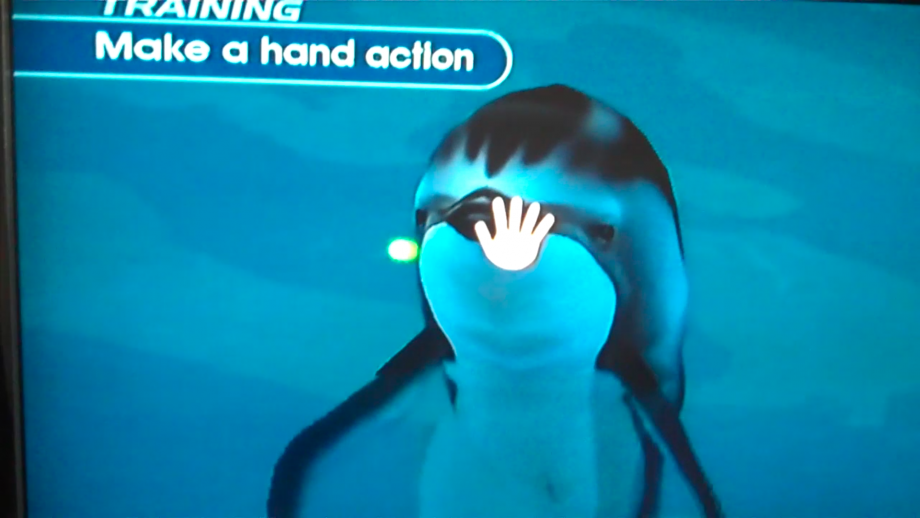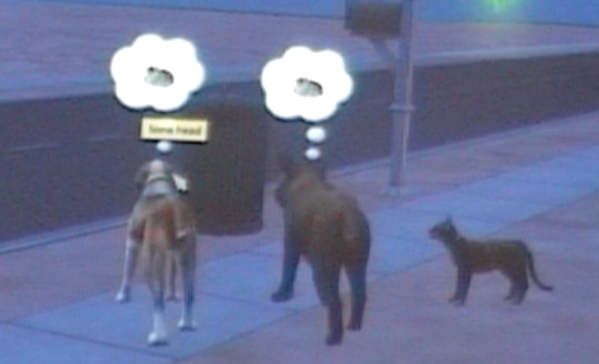Out in November 2024: Toy Theory: technology and imagination in play. The MIT Press A novel interpretation of the history and theory of technology…
Tag: simulation
models and plans
I write in Toy Theory that play with construction toy sets (LEGO, Meccano, etc.) “collapses design and construction: the child is at once building…
Toy Theory – update
Toy Theory: technology and imagination in play will be out in November. No cover image yet, but here is the draft marketing blurb: A…
toy animals
This article – in Cultural Politics 20(1), March 2024 – maps the child’s toy and media environment as one populated with artificial animals, from…
AI has always been a toy
We should look to the digital game for the most compelling and generative toyetic source of concepts and material developments in artificial life and…
analogue ai animal activity
Animal AI and A-Life ideas by level 1 Games Design & Art students: non-digital modelling of social behaviour, ecosystems and resources, sensing, movement and…
artificial animals games intelligence
A lecture for year 1 BA Games Design & Art, Winchester School of Art, University of Southampton
ethno-video
A short video introducing the ethos of my ethnographic ethology, made for the Lived Research Experiences event, organised by Southampton’s Debating Ethnography research group
Toy Theory
My book, Toy Theory, will be published by MIT Press in 2023. Here’s a section of the proposal: Headline Rethinking culture, media, technology and the…
economic imaginary
Economic imaginaries are no mere abstractions or illusions, they shape the design and reception of games as technologies and as commodities, facilitating and scaffolding…
ethology of AI
What are the implications of taking the animality of AI and A-Life entities as real and not metaphorical or symbolic? This question in turn…
not not animals
Does it make any sense to consider virtual animals as animal in any serious way? Both the naturalistically-rendered wolves of Legend of Zelda: the…
